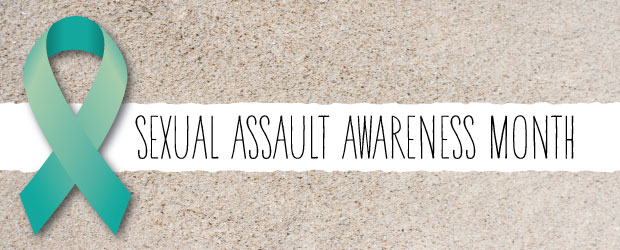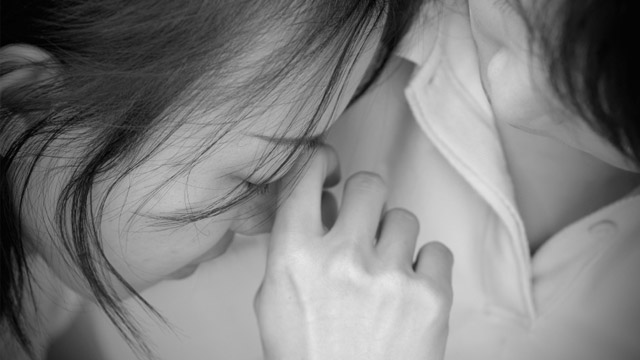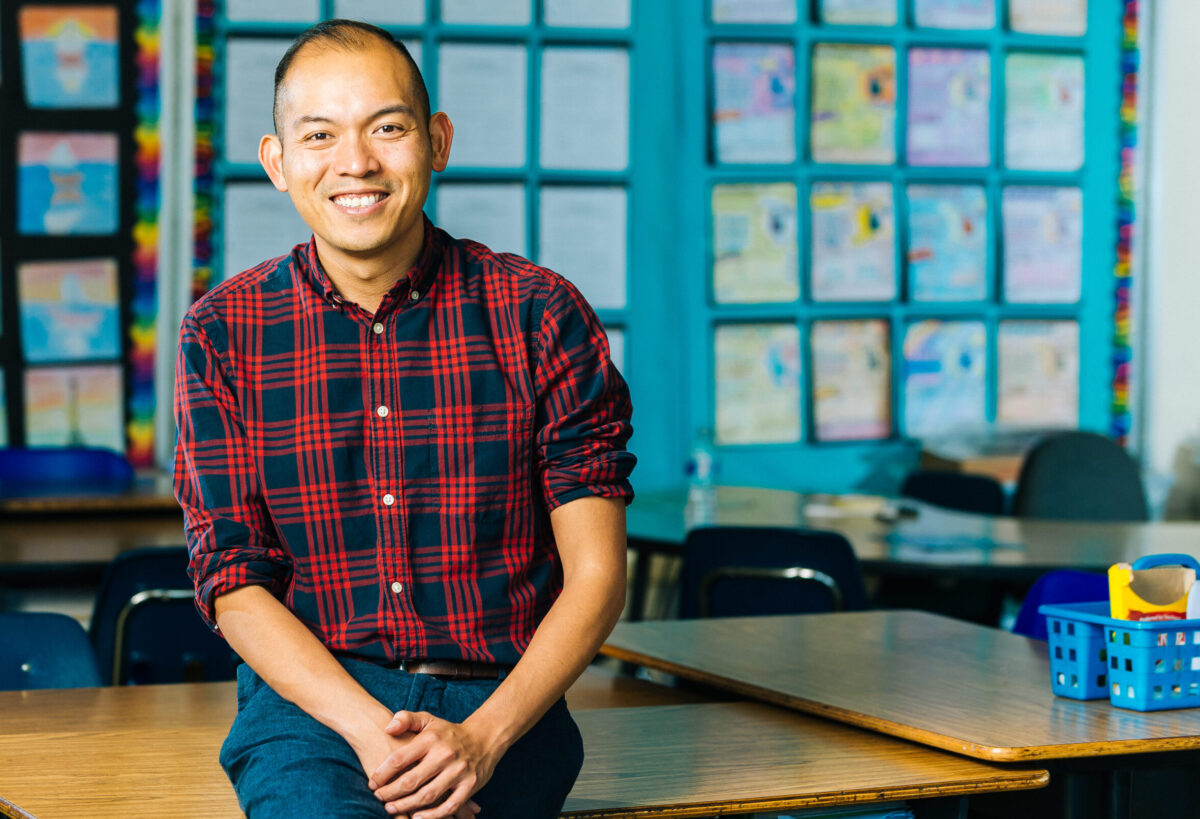Today is April Fools’ Day, but it’s also a day for contemplation of a far more serious topic. Today is April 1st, the first day of Sexual Assault Awareness Month.
And while this month will through a great deal of online writing hopefully shine a much-needed spotlight on issues of sexual assault in America, these conversations often overlook the pervasiveness of this sort of violence in racial and ethnic communities, and the unique challenges faced in reporting and addressing these issues in our communities.
Contrary to popular belief, sexual assault happens far too frequently for the limited attention it received from mainstream and sub-group communities. 75% of reported sexual assaults involve an assaulter known to the victim, and 1 in 4 female college students are victims of rape or attempted rape.
Within the Asian American community, incidence of sexual assault is particularly high in several Asian ethnic groups. Although adult Asian American women report rape and sexual assault in lower numbers compared to other racial groups (10.5% vs 25.5% for White women and 38% for Black women), these national statistics obscure the fact that rape and sexual assault may be particularly pervasive within our community — particularly in the guise of partner violence. In several small surveys, conducted anonymusly by various groups, 40-60% Asian American women, including 47% of Cambodian American women, 60%of Korean American women, and 60% of South Asian American women report some form of sexual assault or coercion within their domestic partnerships (for more race- and ethnicity-specific statistics, check out this review of the literature from the Asian & Pacific Islander Institute on Domestic Violence). Yet, the persistent outcome in larger national studies that suggest particularly low rates of sexual assault and violence among Asian American women conceals the findings of these more focused studies, and suggest that the problem is far more complex; that the incidence of sexual violence is high among AAPI women and is perhaps obscured by significant barriers towards reporting of assault.
One barrier may be cultural stigma towards reporting sexual assault, particularly within domestic partnerships. In one multi-ethnic focus group, one of the most-cited barriers towards individual reporting of sexual assault for survivors were concerns of cultural values that might bring fear or shame upon one’s family with the revelation of domestic or sexual violence. Furthermore, these barriers may be of less weight among 1.5- and 2+- generation Asian American women, as evidenced by the finding that more US-acculturated Asian American women were twice as likely to report sexual assault than their recently-immigrated peers, however these data suggest that further outreach must be done that specifically target first-generation women to overcome the cultural stigma over self-reporting.
In addition to cultural barriers, Asian American women — particularly recently immigrated women — express significant fear or distrust of institutional resources that are available to intervene and protect them upon reporting. Concerns over the helpfulness of police appears to a major obstacle for some Asian American women:
Yet, three of the survivors shared their experiences of the police being unhelpful and racist in their treatment of both the victim and the perpetrator. This was particularly relevant to advocates working with Southeast Asians for whom historical associations and the prevalent racism against the Vietnamese worsen the situation. Experiences with the police in the
country of origin exacerbate the situation for the immigrant women. As a result, many have difficulty going to the police and do so only as a last resort.
In addition to these experiences, survivors reported the inadequacies of existing in-language domestic violence and sexual assault resources; either there were insufficient resources available or language barriers limited access to them. Again, in interviewing a multi-ethnic focus group of Asian American survivors of domestic violence:
Many hotlines claim to be multilingual; however, the person who speaks a particular language may not be available, or the caller is put on hold until that person is found, or the caller needs to go through numerous steps to access the right person. All of these situations are aggravating and need to be eliminated. Also, the group decided that the AT&T language line is not sufficient, and more often than not the women may feel victimized again .The usability of a hotline is also challenged if the women are monolingual in one Asian language.
What’s the bottom line here? Like too many community-wide crises among Asian Americans, we do not spend enough time talking about and focusing on Asian American sexual assault and violence. For most of us, we’re not aware how truly prevalent these crimes are, and the difficulty Asian American women face in confronting, reporting, and surviving the assault. This woeful lack of conversation leads to lasting persistence of structural barriers — like lack of in-language resources or support networks to facilitate self-reporting; barriers that are, otherwise, capable of being addressed through positive focused community action and dialogue.
As we enter into April and shift our attention towards Sexual Assault Awareness Month, the added violence of having Asian American women mistakenly rendered invisible due to our inaccurately low national rates of reporting only exacerbates the damage to survivors of sexual assault. I urge you that as we participate in this year’s Sexual Assault Awareness Month, we work harder to raise awareness of how domestic and sexual assault manifests in our community, and help to bring the voices of Asian American women, and the voices of all women of colour.
If you or someone you know may be a victim or survivor of gender-based violence and/or sexual assault, APIIDV has a comprehensive list of resources, including specific directories focused on the AAPI community and Muslim-American women.



